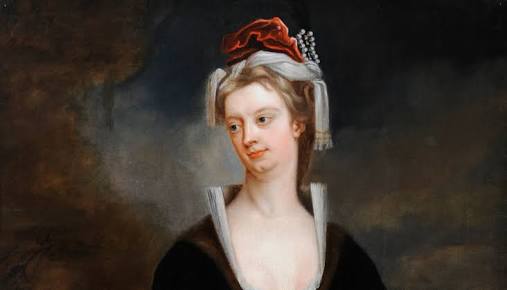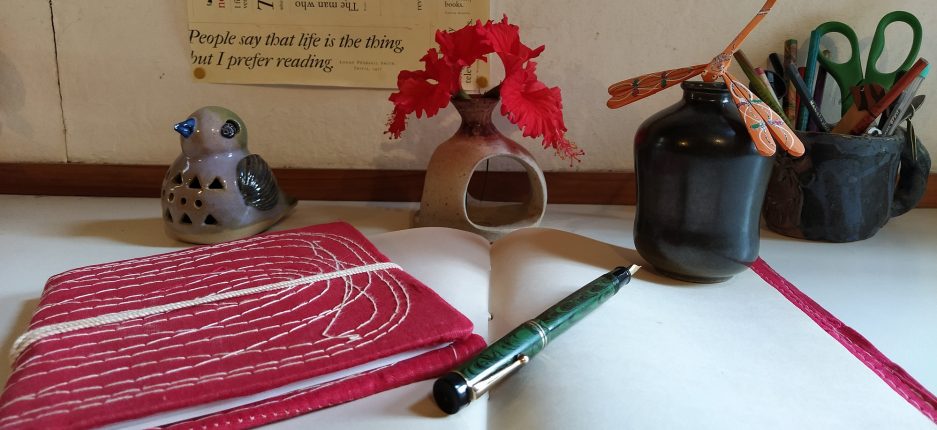
Lady Mary Montagu
In 2020, it is not surprising that there are many women playing a prominent part in developing vaccines to protect us against the current scourge—Covid 19. I know nothing about this field, but a casual search threw up many names—Prof Sarah Gilbert, Dr. Kizzmekia Corbett, Dr. Nita Patel. And Dr. Patel had a good explanation—she says that lab work in science is mostly done by women, so it is not surprising that women are prominent in the race to find the vaccine.
But it was not always so. Even though women have played a critical role in the development of many vaccines, they have not always got their due.
 Polio was a dreaded disease in the early 20th century. It left death in its wake, but even more, it paralysed. Till date, there is no cure for polio, and the only defence is vaccination. Jonas Salk rightly deserves the credit for the polio vaccine, but there were two women, without whose work things would not have happened as they happened, when they happened. One was Dr. Isabel Morgan of Johns Hopkins University, whose work was a turning point in understanding host immunity to polio and on use of killed-virus (vs. live-virus) as the basis of vaccines for this disease. The other was Dr. Dorothy Horstmann of Yale and her team, whose work is said to have paved the way for oral polio vaccines.
Polio was a dreaded disease in the early 20th century. It left death in its wake, but even more, it paralysed. Till date, there is no cure for polio, and the only defence is vaccination. Jonas Salk rightly deserves the credit for the polio vaccine, but there were two women, without whose work things would not have happened as they happened, when they happened. One was Dr. Isabel Morgan of Johns Hopkins University, whose work was a turning point in understanding host immunity to polio and on use of killed-virus (vs. live-virus) as the basis of vaccines for this disease. The other was Dr. Dorothy Horstmann of Yale and her team, whose work is said to have paved the way for oral polio vaccines.
Other women to whom we owe a safer world are: Dr. Anna Wessels Williams, who developed a diphtheria vaccine; Drs. Pearl Kendric and Grace Eldering who developed a vaccine for whooping cough; Dr. Margeret Pittman, whose work led to the vaccine against meningitis and pneumonia; Dr. Anne Szarewski, whose breakthroughs helped to develop vaccines against cervical cancers; and Dr. Ruth Bishop who led the team which developed a vaccine against rotavirus which is a major cause for diarrhoea in children.
But the best for the last! The most amazing story is of the woman who introduced the concept of immunization to the Western world, Lady Mary Montagu. Born in 1689, she was a path-breaker in many ways. But her contribution to vaccination is the one we are going to focus on here. She was a brilliant and beautiful woman, whose beauty was marred by an attack of smallpox in 1715. Earlier she had lost her brother to it. So it was no wonder that the deadly disease was something she worried about where her children were concerned. Lady Mary’s husband Lord Edward Montagu was posted to Constantinople as Ambassador in 1716. There she interacted closely with Turkish women and got to know their customs. One of these was the practice of variolation, wherein women would take the pus from the smallpox blister of someone who had a mild case of the disease, and introduce it into the scratched skin of uninfected children. Lady Mary observed that children thus infected never did contract the disease seriously.
She developed such a strong belief in this that she got the Embassy surgeon to inoculate her five year old son.
When she got back to England, she promoted this procedure with all her passion, but the medical establishment blocked and resisted it. The reasons are probably two-fold—it was seen as an Oriental folk treatment, not a Western, scientific one. And it was being promoted by a woman!
In 1721, a smallpox epidemic struck England, and Lady March had her daughter also inoculated. She persuaded the Princes of Wales on the efficacy of this, and the Princess had her two daughters inoculated. And though it took a long, long time for Jenner to come along and develop a safer technique of vaccination, using cowpox rather than smallpox virus, the concept started taking root, and the foundation for vaccination had been laid!
With thanks to all the back room girls (and boys) helping find vaccines and cures, as well as all front line workers.
–Meena

Meena by writing the blog “Women and the Vaccines” has created an opportunity to know more about the role of women in vaccination against virus and make it popular around the globe both in human and animal. Women deserve it NOT only from their work in the laboratory but also taking the risk of their life to be the first women (Elisa Granato) injected with COVID -19 trial vaccine invented by Professor Sarah Gilbert (women).
We thank and admire Meena Raghunathan’s article.
LikeLike